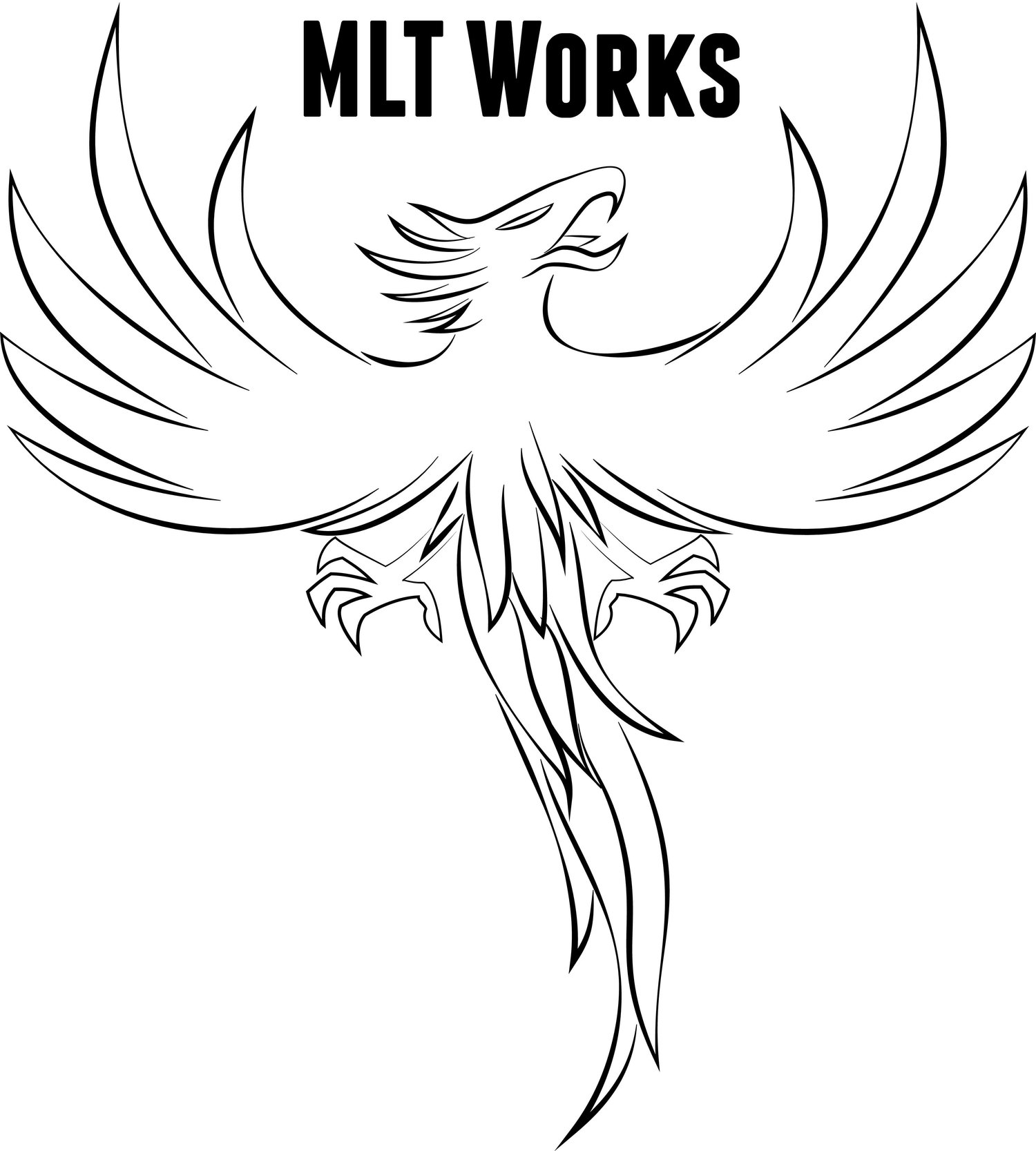Lucian's Odyssey - Greek Mythology in Forever Hollow (Part 2)
In part 1 of this, I got into some of the references I used in Forever Hollow. In this followup entry, I take a look at some of the deeper references and larger connections in the story.
The Land of the Dead
In The Odyssey, Odysseus must journey to the Land of the Dead and consult the prophet Teiresias. Odysseus encounters the ghost of his mother, Anticleia, who had been alive when he left Ithaca. Odysseus weeps and grieves the loss of his mother, finding out that her grief over her son has killed her.
Although this was a small part of the larger epic, this scene always stuck with me. It’s the guttural reaction of Odysseus and the way he has to find out about his mother’s death. I always thought that would be a terrible way to find out a loved one had died, seeing their ghost.
So I sent Lucian to the Land of the Dead. In many ways, Brightwater itself is the Land of the Dead since it’s so full of lifeless beings, but the Tower is the real Land of the Dead here. The Tower is dark and full of “ghosts” around every corner, but in a larger way, it is where Lucian has to face his inner demons. Left to his own, Lucian has to overcome his doubts and worries and reach inside himself to find the courage he thinks he doesn’t have.
And then, of course, there is Esther, Lucian’s surrogate mother. She’s been missing all this time, but Lucian finds her in this Land of the Dead. She’s not really dead, but she’s not alive either. She lives in this in-between, ghostlike state. Meeting her here gives Lucian closure about everything that happened and allows him to more forward to complete his journey.
Siren
This may have been one of my favorite parts of putting together Forever Hollow because there is so much to this one name. On the surface, the name Siren is simply a reference to this character’s role in the story. The hacker, Siren, constantly warns SERAPH of incoming danger, but there’s another layer.
In The Odyssey, Odysseus passes by the island of the Sirens, which is known for being treacherous to sailors. The call of the Sirens is sweet and beautiful and majestic, but it is dangerous. Ships that venture to the island soon find the waters near the island hide ship-wrecking rocks that sends sailors to their doom. For this reason, one of the standout scenes of The Odyssey is Odysseus, in a moment of cleverness, tying himself to the mast of the ship and plugging the ears of the rest of his men so that he can listen to the beautiful song of the Sirens while avoiding the danger inherent.
I wanted to put this kind of ambiguity in the character of Siren in Forever Hollow. The constant warnings of Siren seem like providence, but who is Siren? Without knowing who’s behind the warnings, it’s hard to completely trust the hacker. True enough, Siren does help SERAPH tremendously but also puts them at great risk of being discovered. Not only that, the “call of” Siren draws Lucian closer and closer to the Tower.
Toward the end, it’s revealed the Esther is behind the persona of Siren, but is she really? Esther’s consciousness is intertwined with the AI’s, so who’s really controlling whom? While Esther is attempting to reveal as much as possible to help SERAPH take down the AI network, would she actually draw Lucian closer to danger? Is she being used as nothing more than a lure to draw Lucian, one of the AI’s greatest threats, to the Tower in order to get rid of him?
The Cyclops
I don’t know if this one or Siren was more fun to write. The cyclops scene in The Odyssey is such an iconic scene. Odysseus and his men are trapped in the cave of Polyphemus, the giant cyclops. Odysseus and his men gouged out Polyphemus’s eye while he’s sleeping and then escape by clinging to the underside of Polyphemus’s sheep as they pass through the giant’s legs.
The cyclops allusion is set up earlier in the story with the ACUs, who only have a singular “eye” as opposed to the GenReps who have two. When Lucian faces the mainframe guardian, it’s set up in a similar fashion to Odysseus trapped in Polyphemus’s cave. Lucian faces a far superior and much more powerful entity, so he begins by blinding it, a la Odysseus and a sharp stick, but the guardian stands between him and his “freedom”. Lucian doesn’t have any sheep, but he does use a discarded rolling chair to help him pass underneath the guardian between its legs. It’s a fun little nod to Polyphemus.
